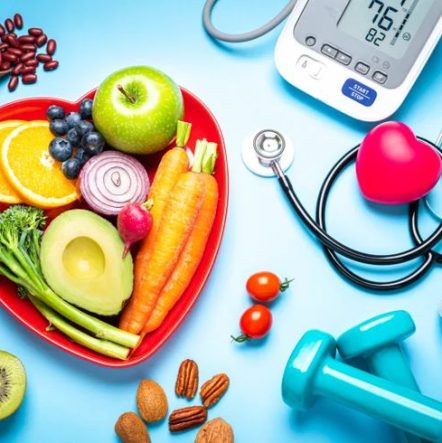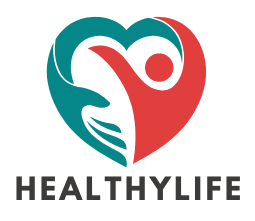How To Reduce Cholesterol In 7 days
InMaintaining a healthy lifestyle is essential for general well-being in the fast-paced world of today. In 7 days reduce cholesterol One aspect of health that often requires attention is cholesterol levels. High cholesterol can increase the risk of heart disease and other serious health issues. However, with dedication and the right approach, it’s possible to reduce cholesterol levels in just seven days. In this article, we’ll explore a comprehensive plan to achieve this goal through lifestyle changes and dietary adjustments.Elevated cholesterol levels may heighten the likelihood of heart disease and other grave medical conditions.

Understanding Cholesterol
Cholesterol is a fatty substance found in your blood. While the body needs cholesterol to build healthy cells, having too much LDL (low-density lipoprotein) cholesterol, often referred to as “bad” cholesterol, can lead to plaque buildup in the arteries, increasing the risk of heart disease and stroke. On the other hand, HDL (high-density lipoprotein) cholesterol is considered “good” cholesterol as it helps remove LDL cholesterol from the arteries.
The Seven-Day Plan:
Day 1: Kickstart with a Balanced Diet
Begin your journey to lower cholesterol levels by revamping your diet. Focus on consuming foods rich in soluble fiber, which helps reduce LDL cholesterol. Incorporate oats, barley, beans, lentils, fruits, and vegetables into your meals. Limit saturated fats found in red meat and full-fat dairy products, as they can raise LDL cholesterol levels.
Day 2: Get Moving with Regular Exercise
Physical activity plays a significant role in improving cholesterol levels. Engage in at least 30 minutes of moderate-intensity exercise each day. This could include brisk walking, cycling, swimming, or any activity that gets your heart rate up. Exercise not only boosts HDL cholesterol but also helps lower LDL cholesterol and triglycerides.
Day 3: Choose Heart-Healthy Fats
Swap out unhealthy fats with heart-healthy alternatives. Opt for sources of unsaturated fats such as olive oil, avocados, nuts, and seeds. These fats can help improve cholesterol levels when used in moderation. Avoid trans fats found in processed and fried foods, as they raise LDL cholesterol and lower HDL cholesterol.
Day 4: Incorporate Plant Sterols and Stanols
Plant sterols and stanols are natural compounds that can help lower LDL cholesterol levels. These substances are found in small amounts in many fruits, vegetables, nuts, and seeds. To increase your intake, consider consuming fortified foods like margarine spreads or orange juice with added plant sterols/stanols. However, it’s essential to use these products as part of a healthy diet and not as a replacement for other cholesterol-lowering strategies.
Day 5: Mindful Eating and Portion Control
Practice mindful eating to become more aware of your food choices and eating habits. Avoid mindless snacking and practice portion control to prevent overeating. Focus on eating slowly and savoring each bite. By paying attention to hunger cues and stopping when you’re full, you can prevent excess calorie intake and maintain a healthy weight, which is beneficial for cholesterol levels.
Day 6: Stress Management and Relaxation Techniques
Chronic stress can contribute to elevated cholesterol levels and other cardiovascular risk factors. Incorporate stress-reducing activities into your daily routine, such as meditation, deep breathing exercises, yoga, or spending time in nature. These practices can help lower cortisol levels, reduce inflammation, and improve overall heart health.
Day 7: Stay Hydrated and Get Adequate Sleep
Proper hydration and sufficient sleep are often overlooked but essential aspects of a healthy lifestyle. Aim to drink plenty of water throughout the day to stay hydrated, as dehydration can negatively impact cholesterol levels and overall health. Additionally, prioritize getting 7-9 hours of quality sleep each night, as inadequate sleep can disrupt metabolism and lead to weight gain, which may worsen cholesterol levels.
